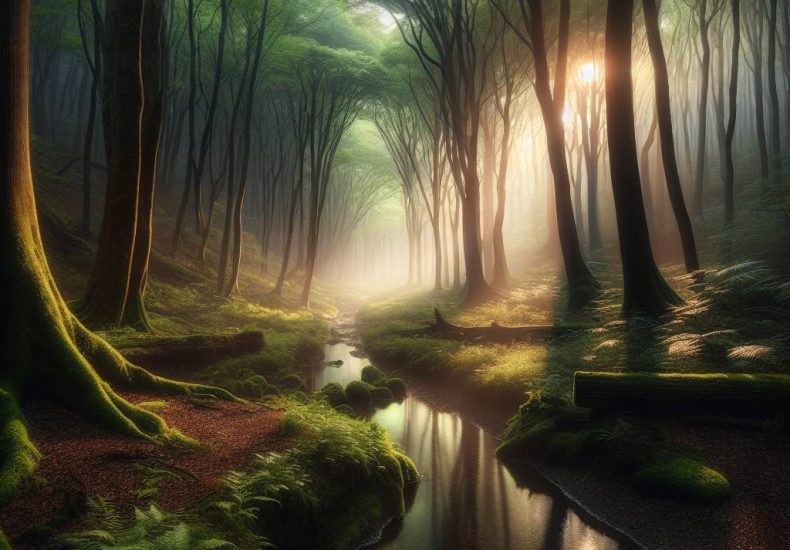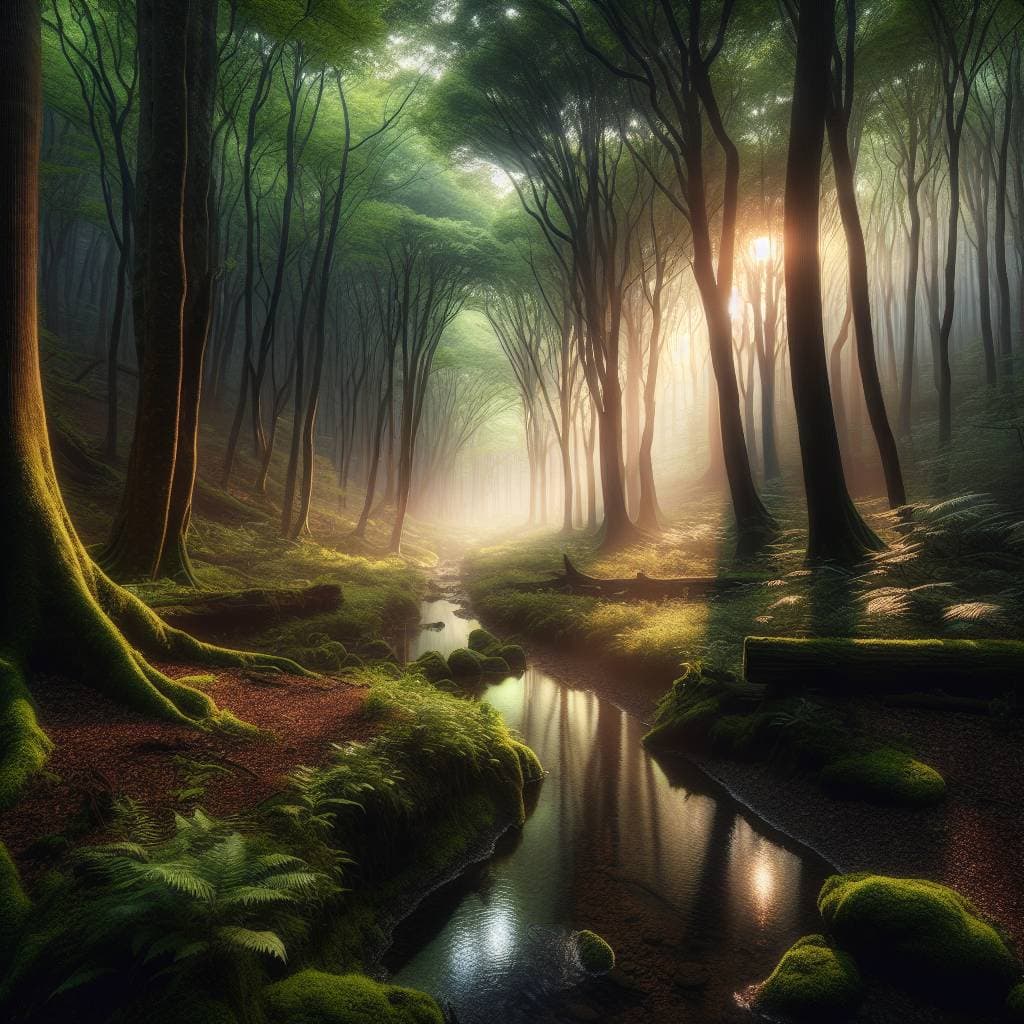
Discover the Surprising Health Benefits of Spending Time in Nature
I once spent a weekend in the woods, and the only thing I brought back was a rash and a deep-seated suspicion of squirrels. But here’s the kicker: while I scratched and cursed my way back to civilization, I realized something. Away from the city’s constant hum, my brain finally had room to breathe. It’s like the trees whispered secrets to me—secrets that only make sense when you’re knee-deep in mud, wondering why you ever thought this was a good idea. Nature, in its unfiltered glory, has a way of tearing down our pretenses and leaving us with nothing but the raw, unvarnished truth.

So, what’s the deal with nature that makes it worth the bug bites and questionable hygiene? This isn’t about some fairy-tale nonsense of woodland creatures singing you into a blissful stupor. Nope. We’re diving into real stuff: the gritty, therapeutic magic of ecotherapy, the ancient wisdom of forest bathing (or shinrin-yoku, if you’re feeling fancy), and why reducing cortisol might just save your sanity. Stick around, and we’ll dismantle the myths and embrace the wild truth. It’s time to see if hugging trees is the therapy you never knew you needed.
Table of Contents
How Shinrin-Yoku Turned Me Into a Reluctant Nature Whisperer
I’ll admit it: when I first heard about shinrin-yoku, or “forest bathing,” I rolled my eyes so hard I almost saw the back of my skull. The idea of communing with nature sounded like a hippie fantasy, one step removed from talking to plants. But in a world where the concrete jungle is an ever-looming threat to sanity, I caved. I found myself in the woods, ready to embrace this Japanese ritual of wandering through trees as a form of therapy. And guess what? It was less about tree-hugging and more about the subtle art of not losing my mind.
Picture this: me, a city-dweller who can navigate subways better than streams, stepping into a verdant world where the air feels different—cleaner, almost conspiratorial in its promise of tranquility. At first, I resisted. I mean, who wouldn’t? The cynic in me was skeptical. But as I spent more time amongst the whispering leaves, I noticed a shift. My cortisol levels—those sneaky stress hormones—felt like they were finally taking a vacation. Suddenly, I was a reluctant nature whisperer, attuned to the unspoken language of the forest. And what did it say? “Chill out, Paul.” It turns out that when you strip away the chaos, nature’s silence speaks volumes.
So, here’s the uncomfortable truth: the relentless grind of life doesn’t stand a chance against a weekend lost in the woods. It’s not just about escaping the city clamor; it’s about confronting the noise in your own head. Shinrin-yoku taught me that sometimes, the most effective therapy doesn’t come in a bottle or on a therapist’s couch. It’s found in the rustling of leaves, the crunch of twigs underfoot, and the quiet revelation that maybe, just maybe, we’ve been missing the point all along.
Nature’s Unfiltered Truth
In the chaos of our urban jungles, sometimes the most radical act of self-care is to let the forest strip away our cortisol-fueled illusions.
The Unseen Truth Beneath the Canopy
There’s a certain irony in my newfound sanctuary among the trees. The urban jungle, with its concrete canyons and siren songs, once felt like the only place where I could thrive. But here I am, a self-proclaimed city dweller, finding solace in the rustle of leaves and the whisper of the wind. It’s a reluctant acceptance, I admit. Yet there’s an undeniable truth in the gentle embrace of nature, a truth that cuts through the synthetic noise of my former reality with brutal honesty. Shinrin-yoku, ecotherapy, whatever label you stick on it, it’s the visceral reminder that maybe, just maybe, we’ve been barking up the wrong tree all along.
I won’t lie and say I’m a converted nature zealot—far from it. But there’s something to be said for the raw, unfiltered experience of just existing in the outdoors. It’s not about peace, really. It’s about presence. Out here, cortisol levels take a nosedive, and suddenly, wellness isn’t some buzzword you chase; it’s a state you inhabit. It’s a rebellious act of rediscovery, one that strips away the pretense and leaves you face-to-face with something real. So, while I may still cling to my urban roots, I’ll keep these moments in my back pocket. Because, in the end, it’s not about escaping life but about living it on your own terms.
You may also like
Archives
Calendar
| M | T | W | T | F | S | S |
|---|---|---|---|---|---|---|
| 1 | ||||||
| 2 | 3 | 4 | 5 | 6 | 7 | 8 |
| 9 | 10 | 11 | 12 | 13 | 14 | 15 |
| 16 | 17 | 18 | 19 | 20 | 21 | 22 |
| 23 | 24 | 25 | 26 | 27 | 28 | |
Leave a Reply
You must be logged in to post a comment.